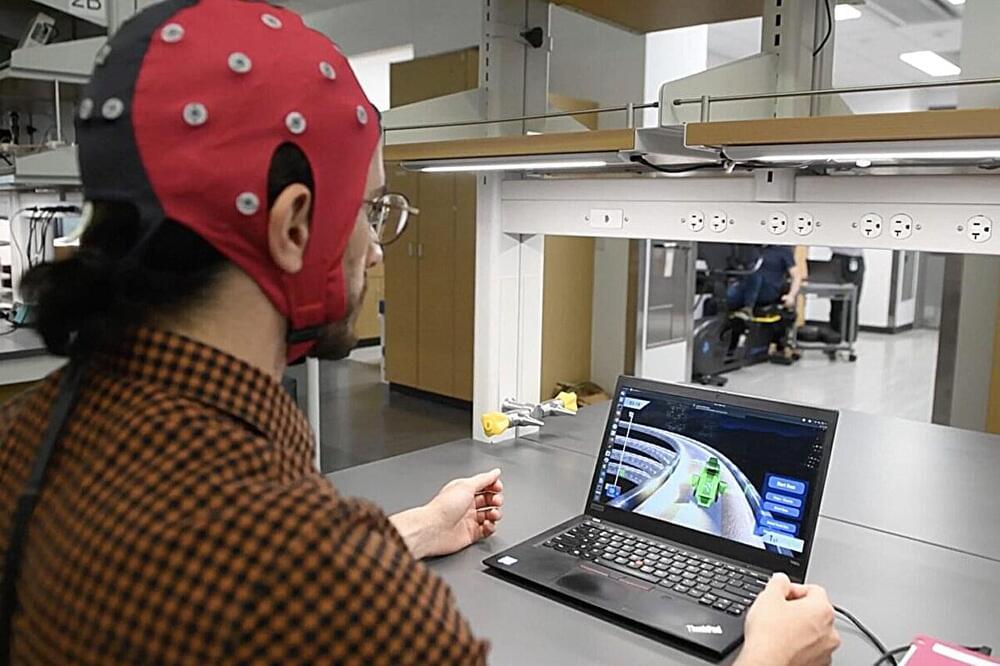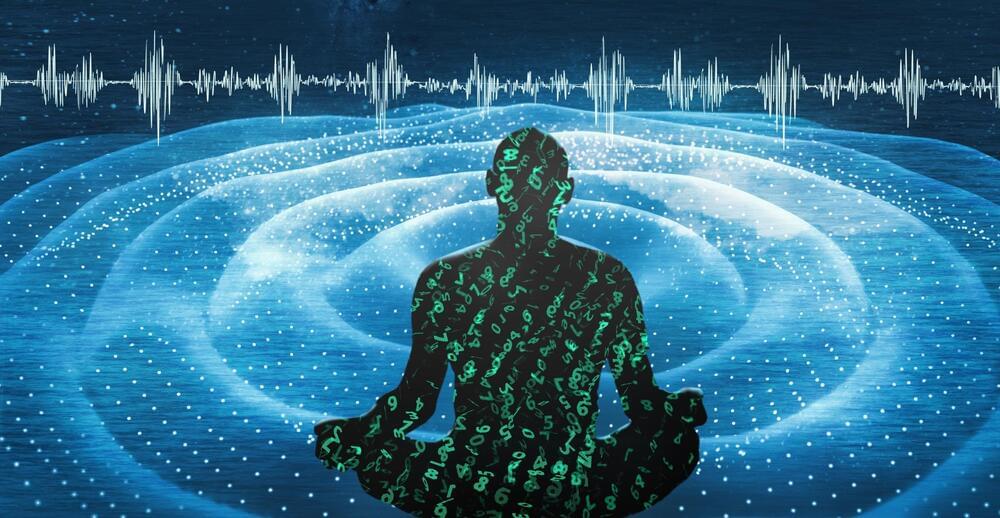More than two decades ago, scientists predicted that at ultra-low temperatures, many atoms could undergo ‘quantum superchemistry’ and chemically react as one. They’ve finally shown it’s real.



“In adults with diabetes alone—where poor blood flow can lead to quickly worsening wounds that are often very slow or impossible to heal—the lifetime risk of developing a diabetic foot ulcer (DFU), the most common diabetes-related wound, is 20–35 percent and this number is rising with increased longevity and medical complexity of people with diabetes,” stated lead author, Yen-Zhen Lu, PhD, an investigator at ARMI.
Nociceptors— neurons that sense pain, tissue damage, and inflammation, among other functions— respond to wounds by producing a neuropeptide called calcitonin gene-related peptide (CGRP). “Nociceptor endings grow into injured skin and muscle tissues and signal to immune cells through the neuropeptide CGRP during the healing process,” the authors wrote. Immune cell response in neutrophils, monocytes, and macrophages are modified to encourage active repair in the region.
Individuals with diseases like diabetes or elderly people have reduced production of CGRP, leading to poor, inefficient, or incomplete wound healing. The new study explores the impact of CGRP alone by introducing it into diabetic mice as well as mice without nociceptors. “Delivery of an engineered version of CGRP accelerated wound healing and promoted muscle regeneration,” the authors wrote. “Remarkably, this neuropeptide acts on immune cells to control them, facilitating tissue healing after injury,” added co-author Mikaël Martino, PhD, associate professor, ARMI.

In an effort to enhance the educational outreach of their Starlink constellation, SpaceX has an interactive global map of their Starlink internet satellites, which provides live coverage of every satellite in orbit around the Earth.

French software start-up Spare Parts 3D (SP3D) has launched the beta program of Théia, its new digital tool that can automatically create 3D models from 2D technical drawings.
As global geopolitical and economic factors pose challenges to supply chains, more companies are looking to digitize their inventories, allowing spare parts to be 3D printed locally and on demand. This digitization process, however, can be time-consuming and costly.
Integrating into the company’s AI-driven DigiPart software, SP3D’s new offering leverages deep learning technology to convert existing 2D drawings of spare parts into 3D printable models, reducing conversion times from days to minutes.

Scientists have scarcely begun studying pristine material from asteroid Bennu brought back to Earth by the OSIRIS-REx mission, but have already found several surprises.




Here’s a new Forbes review by world leading futurist Tracey Follows on the book: Transhuman Citizen:
What does Transhumanism, Ayn Rand and the U.S. Presidential election have in common? They are the connecting themes in a new book by Ben Murnane entitled, “Transhuman Citizen”
The book tells the story of Zoltan Istvan, a one-time U.S. Presidential candidate, who drove a coffin-shaped bus around the U.S. attempting to persuade the public that death is not inevitable and that transhumanism is a political as much as a scientific solution to the troubles of the 21st Century.
The book deals with what lead up to that Presidential campaign, the campaign itself, and what has happened since.
It starts with an explanation of how the author came to settle on his subject of Zoltan Istvan Gyurko, and the radical changes he wants to see in society. It links the author’s interest to his own personal circumstances. Murnane has a rare genetic disease, Fanconi anaemia, and became the first person in Ireland to have a novel form of bone marrow transplant. Having benefited from advanced medical technologies, he went on to write a book about living with the illness. Murnane also has interest in Ayn Rand, having completed a PhD in Rand and Posthumanism.